Car Designers Work With Clay
November 25, 2016 in Daily Bulletin
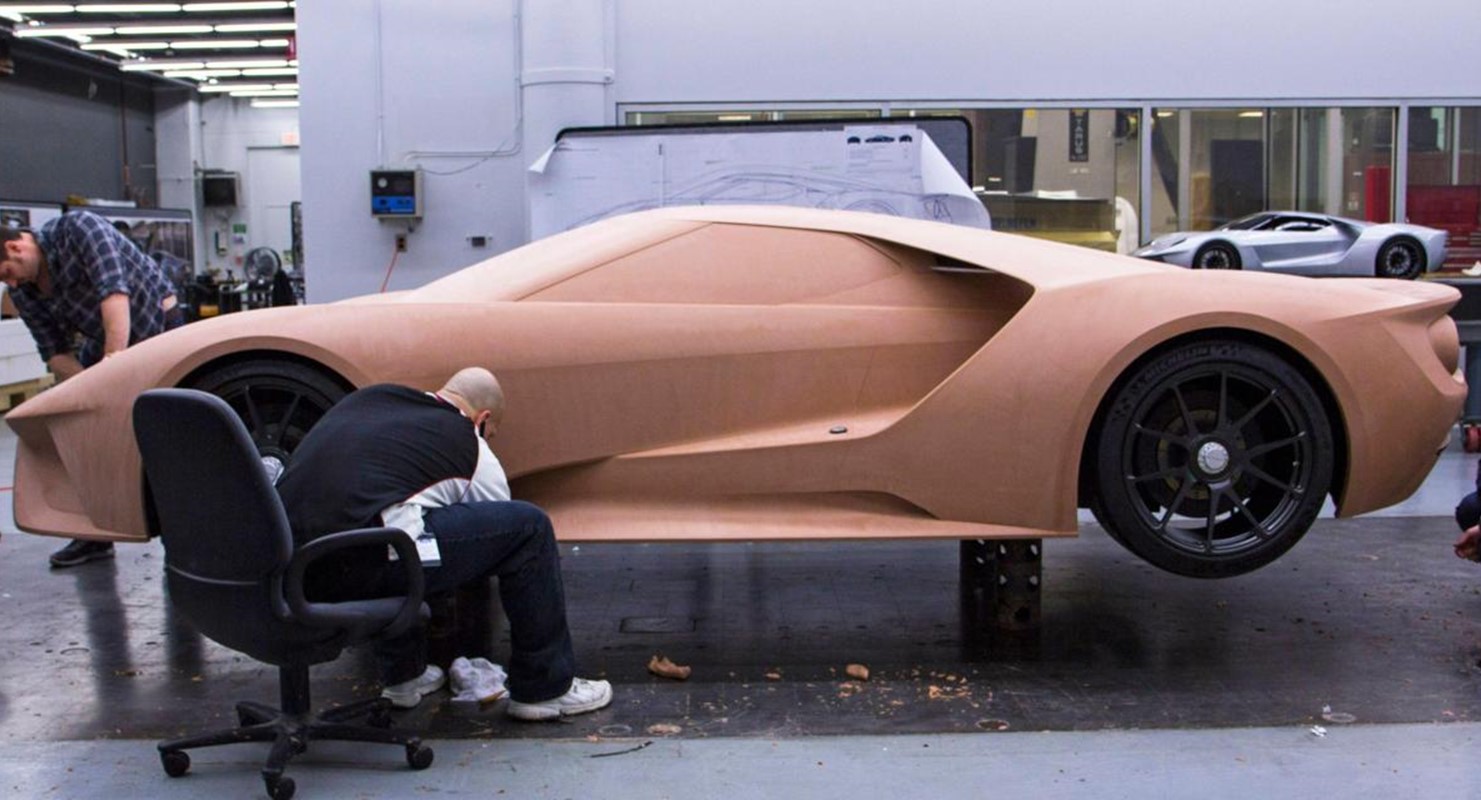
David K Gibson wrote about a surprisingly anachronistic practice in automobile design:
- Before car designs are approved they are first modelled with clay.
- Clay has the advantage of allowing iterations – the design can be added to, removed from, or changed around at will.
- It’s also collaborative. Multiple individuals can stand around and work on it.
- Each car company has its own proprietary blend of “clay” that it uses to make car designs.
- Ford, to take one example, goes through 100 tons of the material a year.
Read more about the process of car design, and find out what happens to the clay models on BBC.
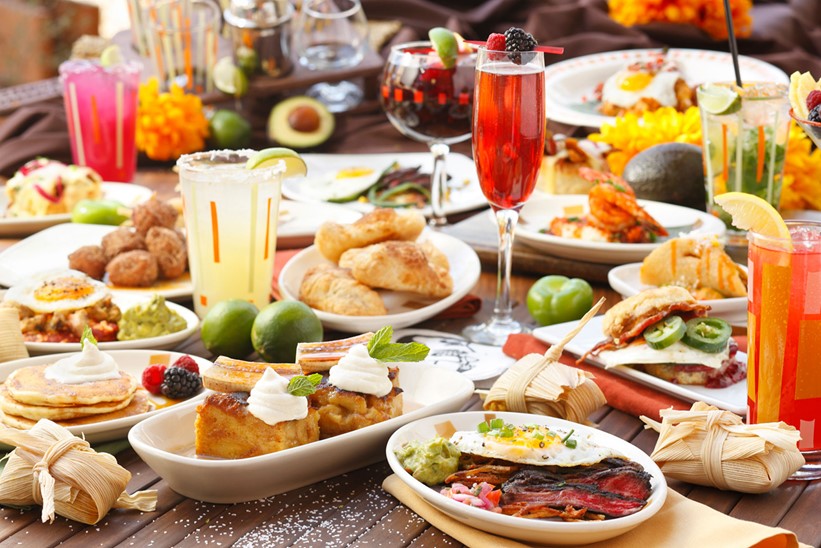
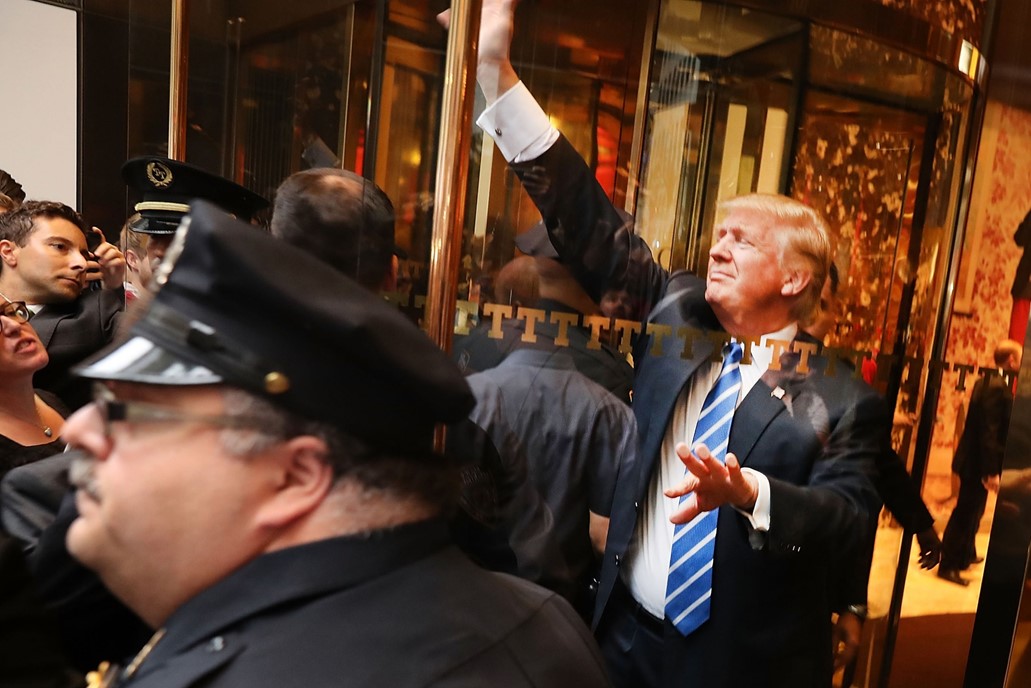

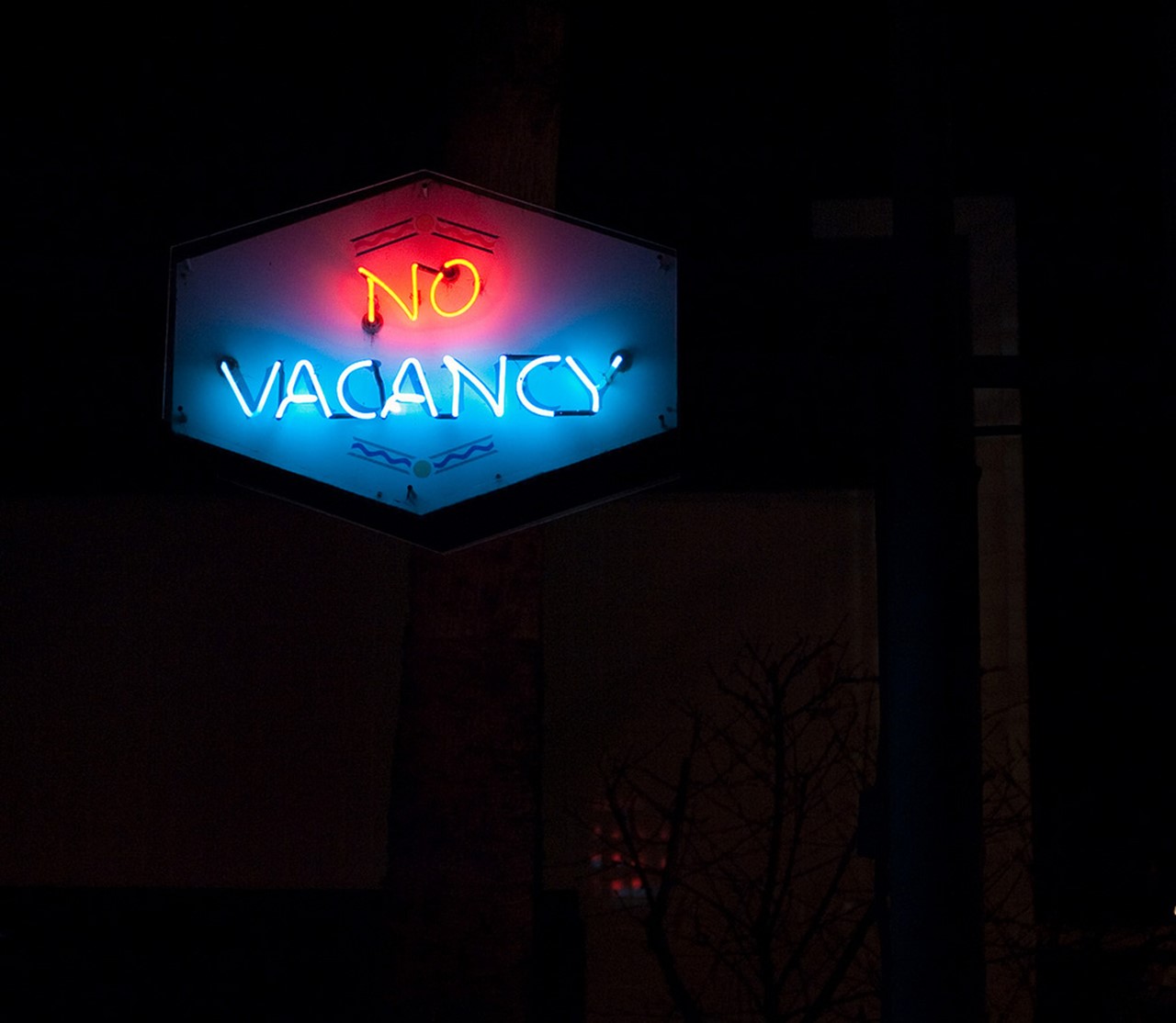
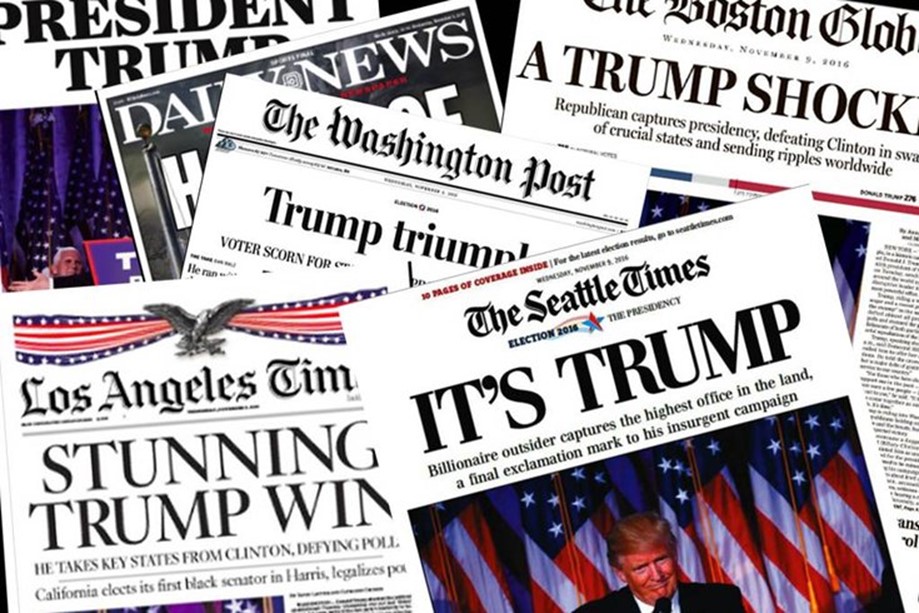
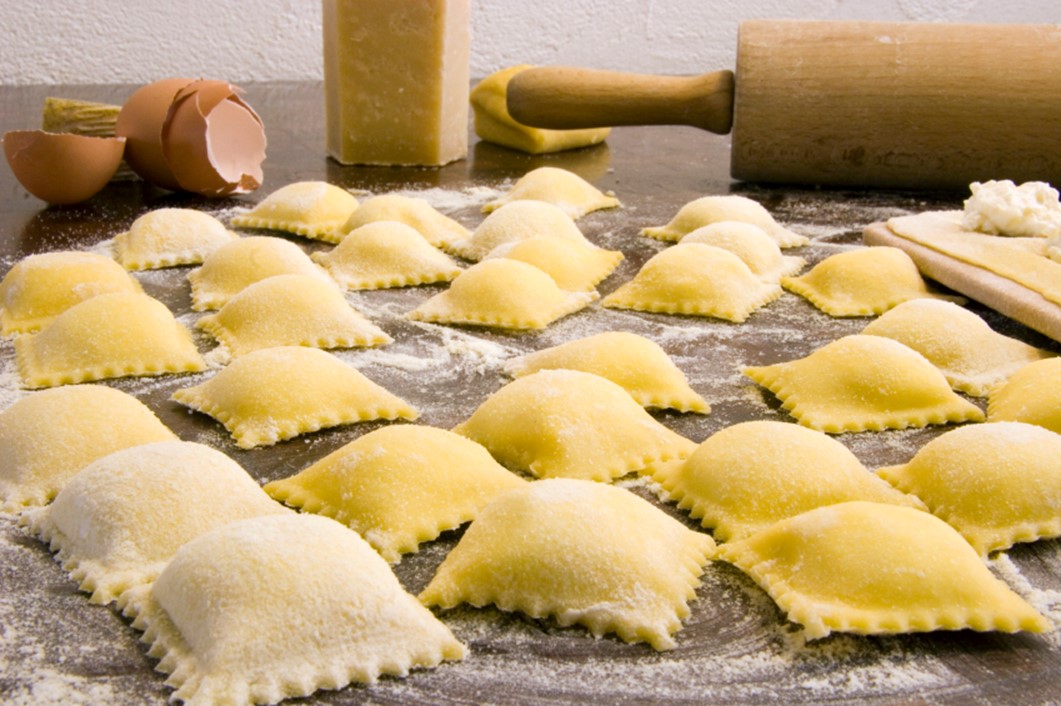
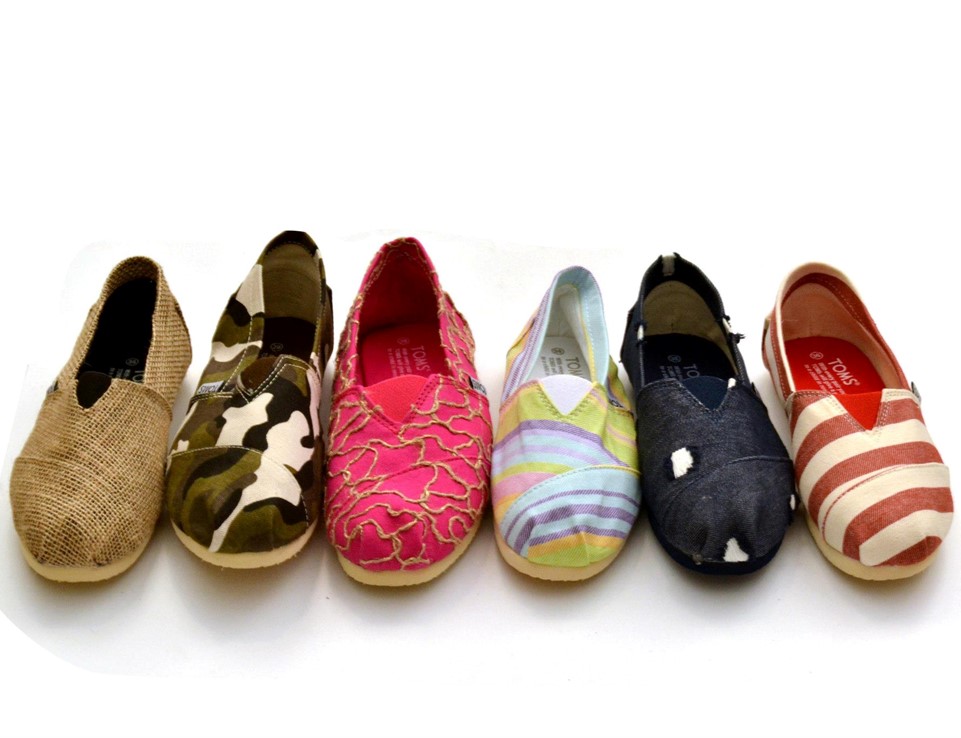
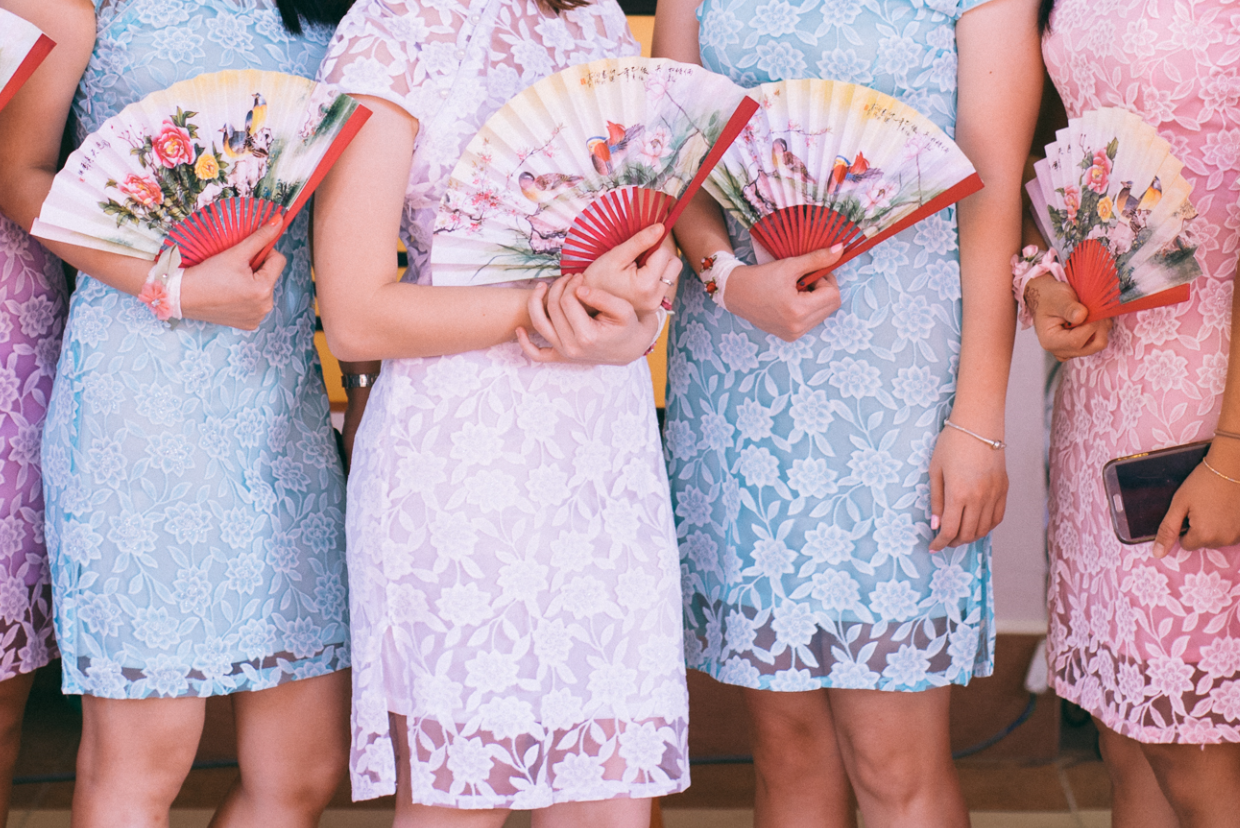
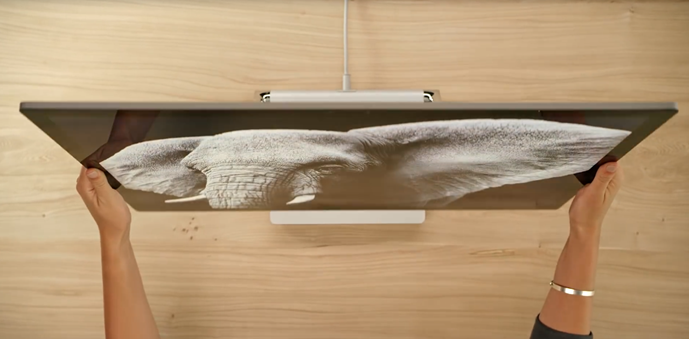
Join the Discussion! (No Signup Required)